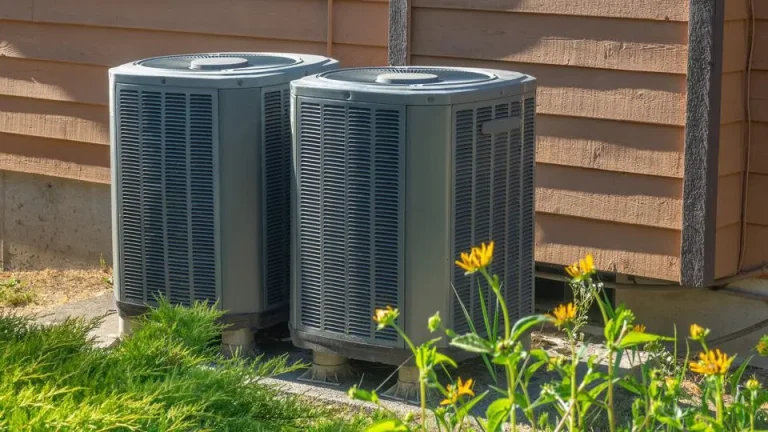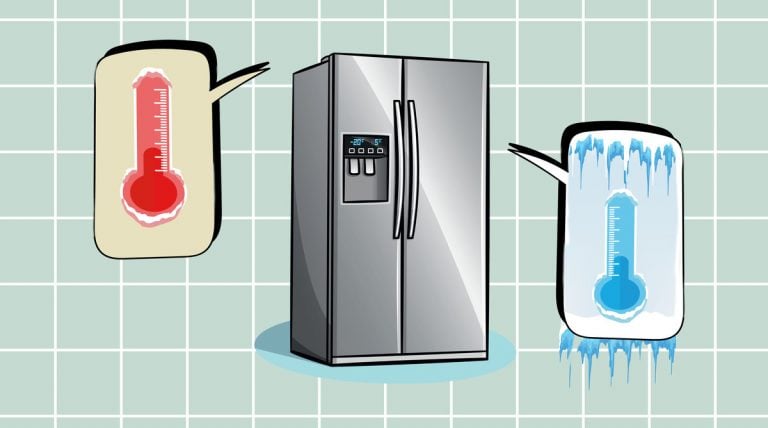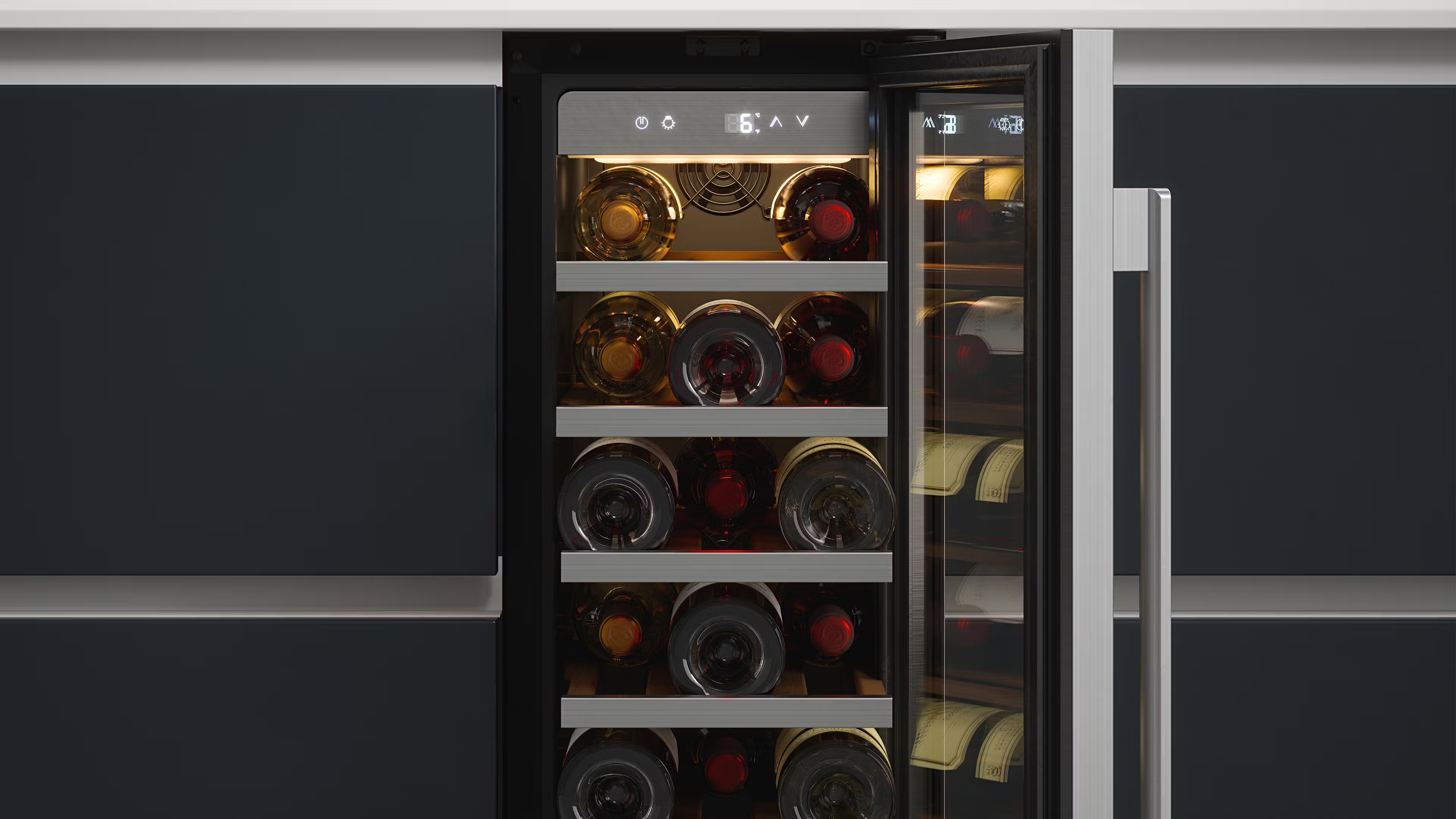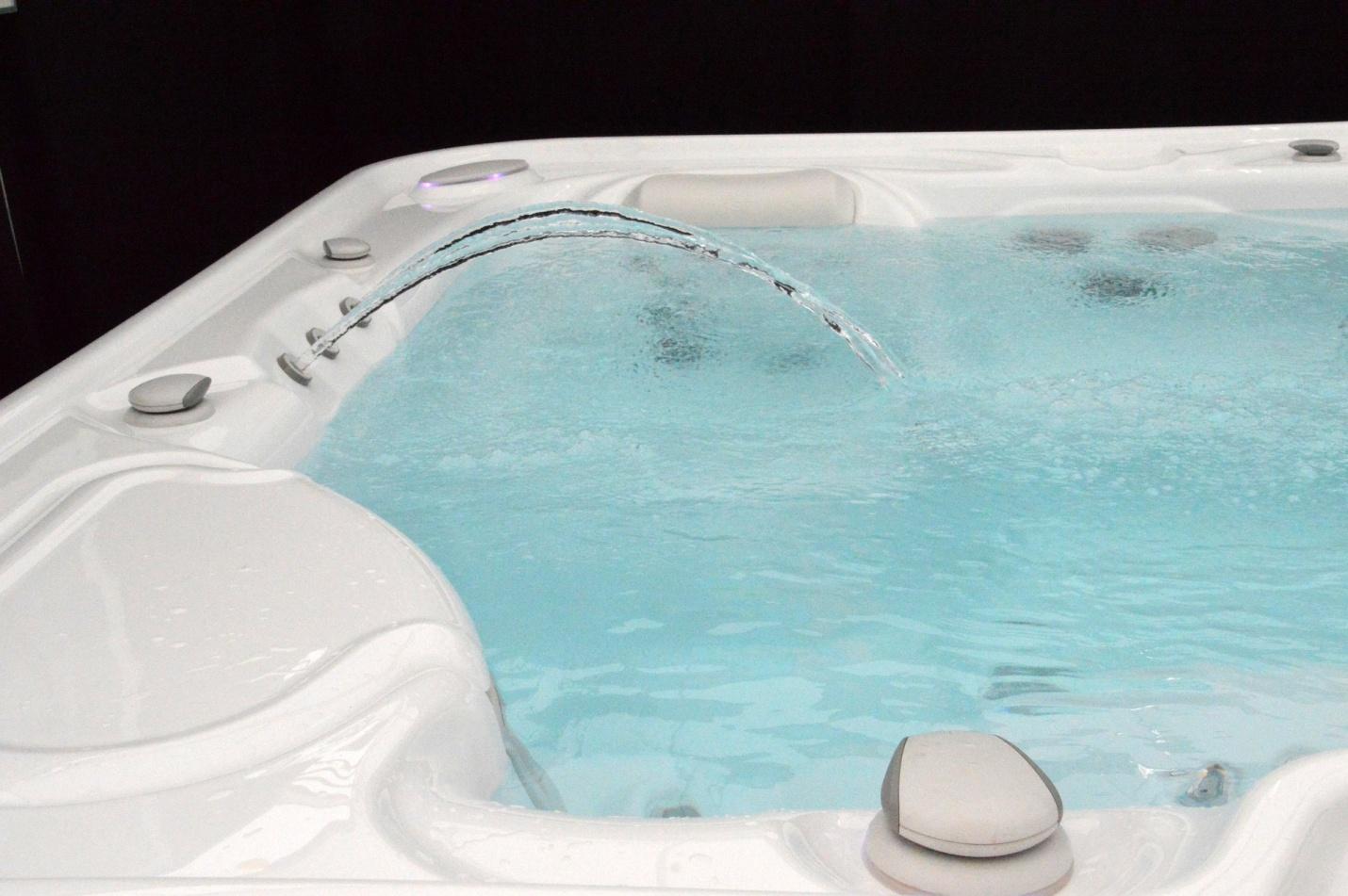Stay Cool, Stay Smart: Top Tips for Selecting the Ideal Air Conditioner
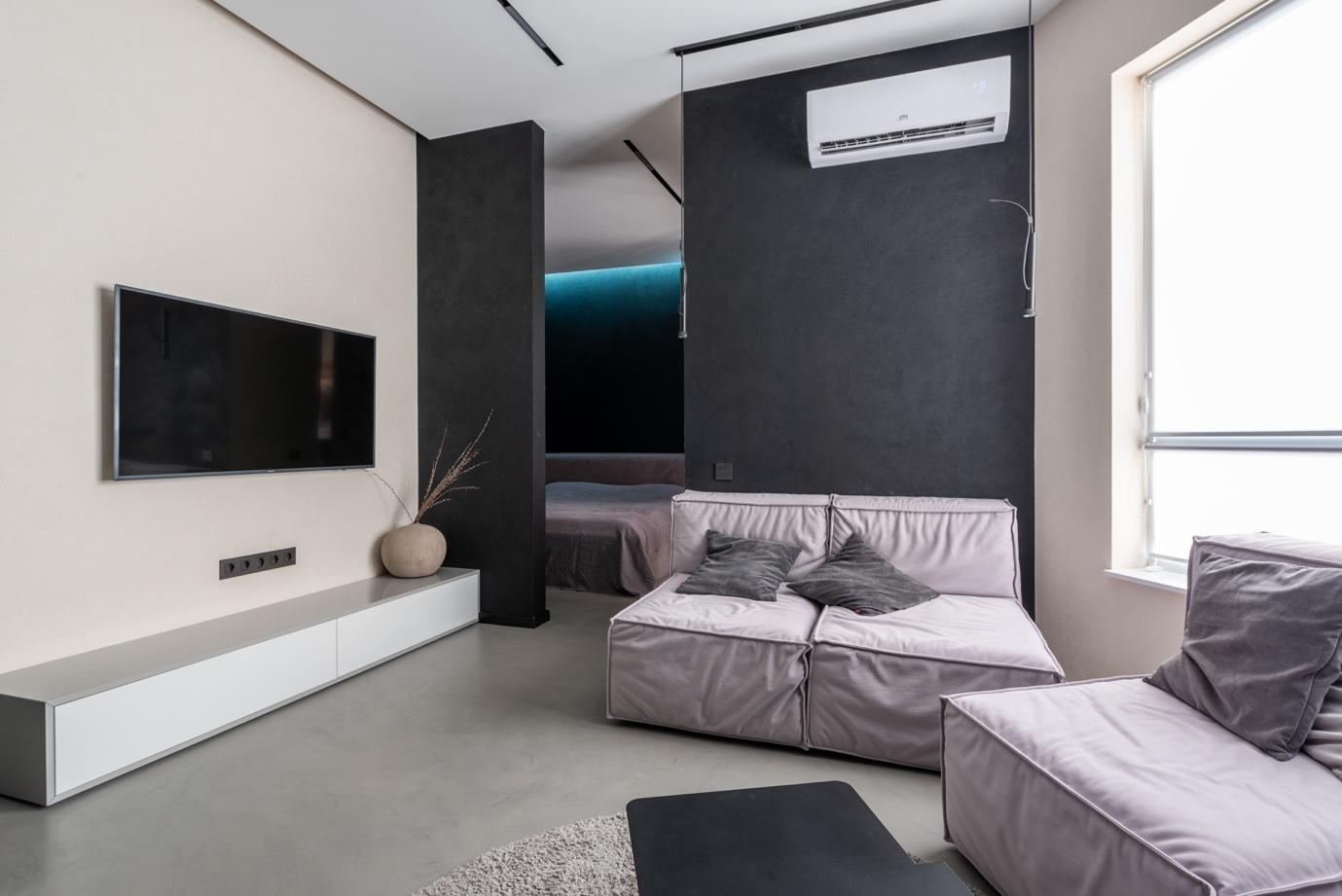
Table of Contents
For UK families looking for relief from the oppressive summer heat, a dependable and effective air conditioner is a need. You must empower yourself with the knowledge to make a big decision for your house as you prepare to delve into air conditioning. In this guide, we will examine the important aspects to consider when buying an air conditioner, including cooling capacity, energy efficiency, installation alternatives, and smart features.
With our knowledgeable guidance and in-depth study, you can explore the air conditioning market and discover the ideal cooling solution suited to your needs, preferences, and budget. So, let’s battle the heat and explore the essential factors to consider when choosing the ideal air conditioner for your home.
Determine the right cooling capacity
Selecting an air conditioner requires determining its cooling capacity. British Thermal Units (BTUs) quantify hourly heat removal. Choosing a unit with the right BTU rating guarantees effective cooling without overburdening the system or wasting energy. Oversized units cool the area too rapidly, generating numerous on-off cycles and lower efficiency, while undersized units struggle to chill the space and run constantly.
Measure the square footage of the area you wish to cool and use a BTU chart or online calculator to calculate the cooling capacity. Room insulation, ceiling height, window count, and heat-generating appliances can further affect cooling capacity. Call an HVAC specialist like those from an experienced air conditioning company in Kent to help you to choose the right air conditioner for your space. Choose a unit with the proper cooling capacity to save energy, maintain a comfortable indoor temperature and extend the life of your air conditioner.
Prioritise energy efficiency
Energy efficiency is crucial to lowering your electricity cost and environmental impact. Seek out air conditioners that are Energy Star certified and have a high Energy Efficiency Rating (EER) or Seasonal Energy Efficiency Ratio (SEER). These models use less energy while still performing well in terms of cooling.
Consider installation options and flexibility
Depending on your living circumstances and preferences, you may choose a window, portable, or split air conditioner. Each type has benefits and disadvantages regarding installation, maintenance, and adaptability. For example, portable types provide flexibility and simple movement but may be less energy-efficient than window units, which are normally more energy-efficient but may need expert installation.
Evaluate smart features and control options
Modern air conditioners frequently include cutting-edge technologies that offer more comfort and control. For instance, Wi-Fi connectivity enables simple integration with smart home gadgets, allowing you to operate your air conditioner via a smartphone app remotely. In addition, for enhanced comfort and better indoor air quality, some models may have built-in dehumidifiers, air filters, or sleep settings. While assessing these characteristics, take your wants and tastes into account.
Conclusion
Choosing the ideal air conditioner involves evaluating crucial factors and staying informed about industry innovations. By understanding your needs and preferences, you can find the perfect solution to create a cool, comfortable haven in your home during hot summer days while minimising energy costs and environmental impact.

